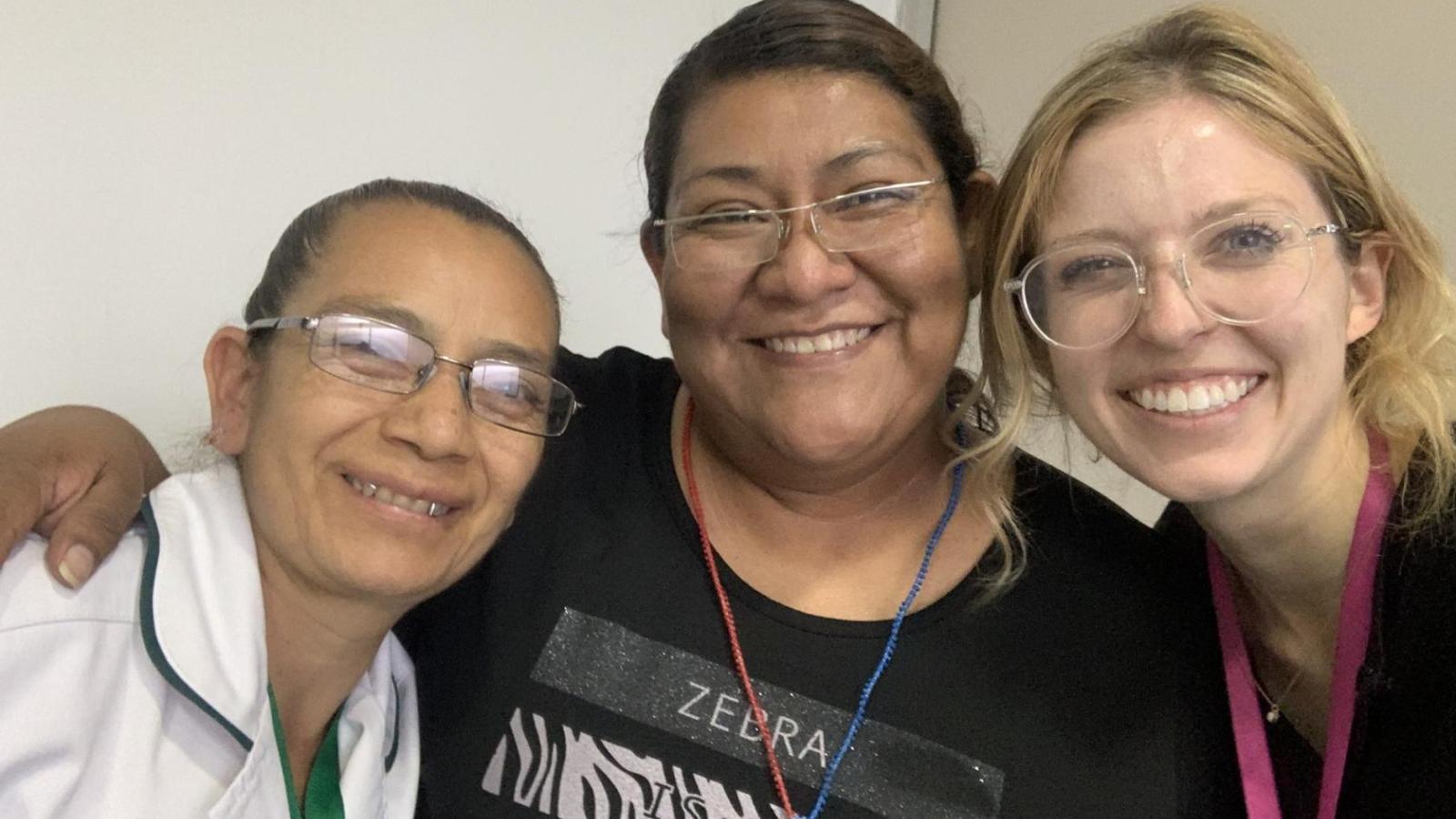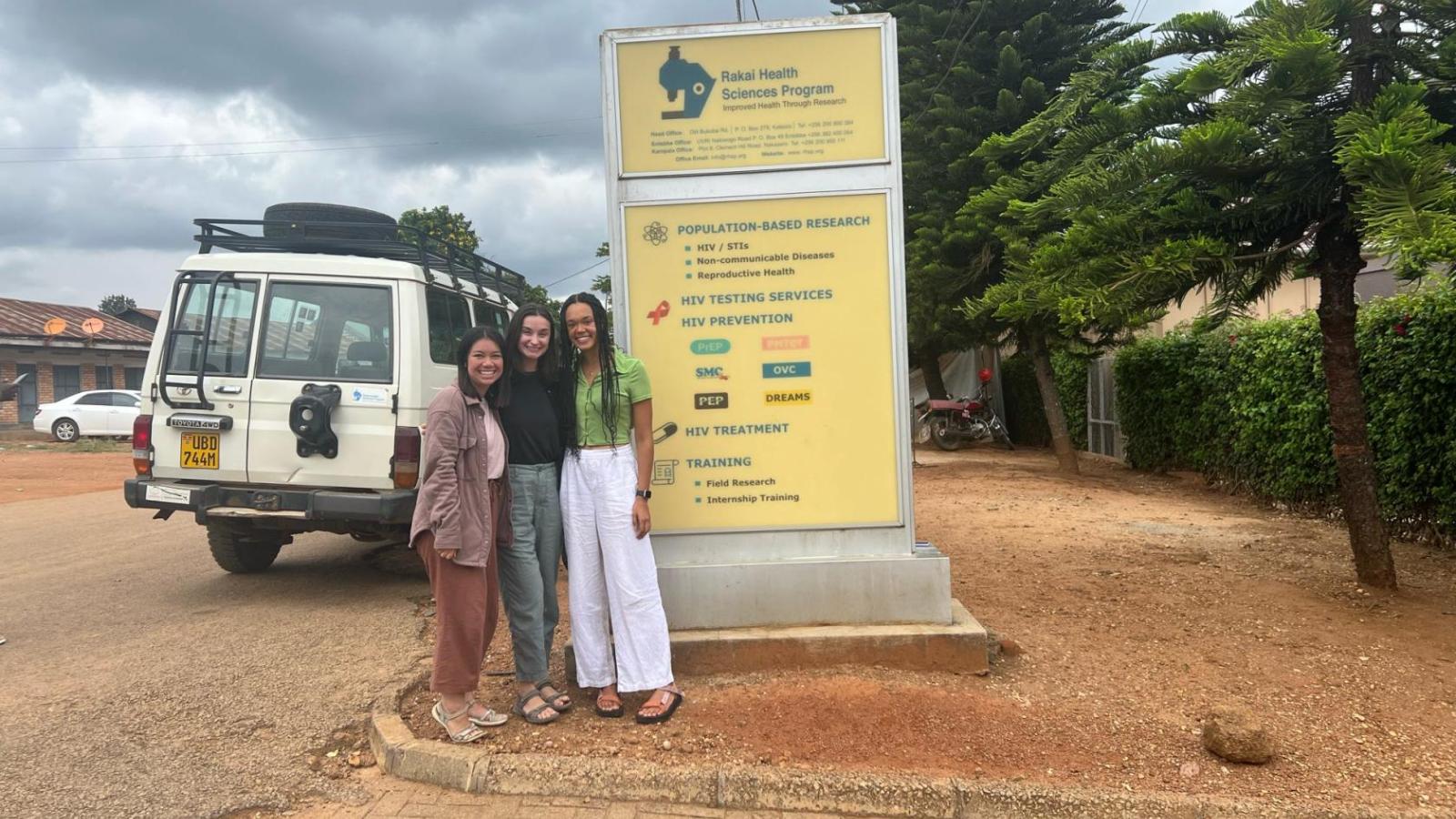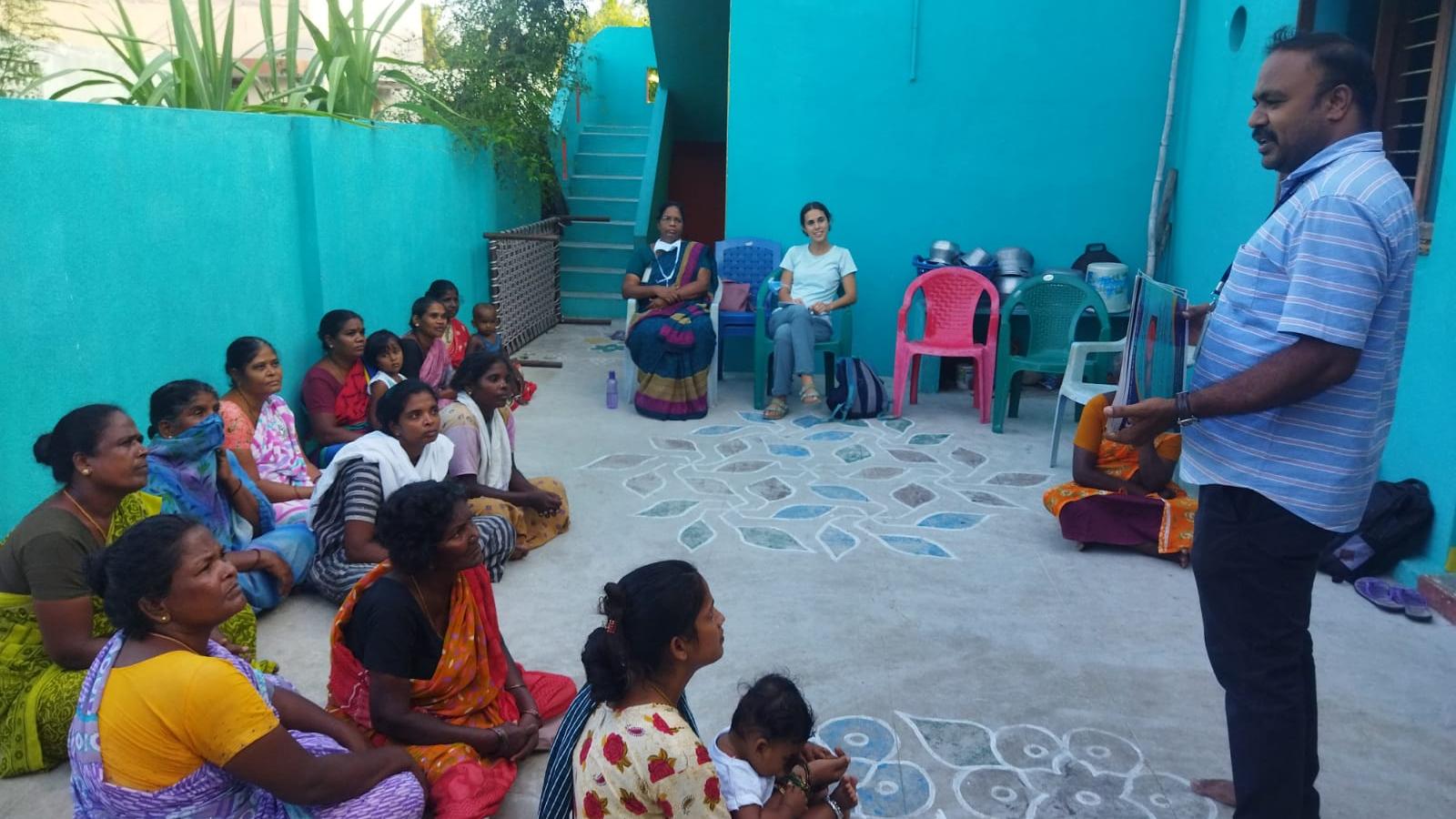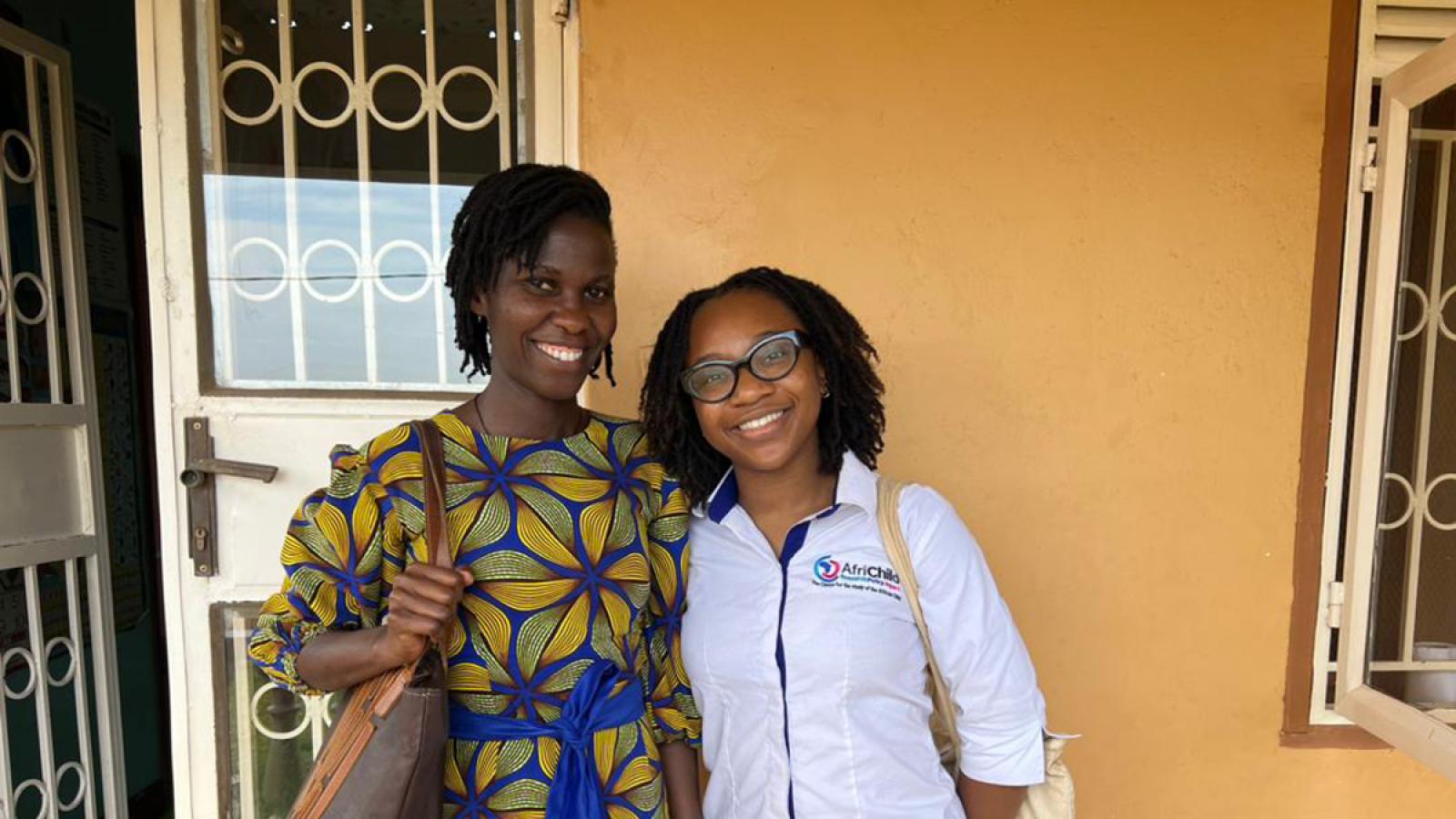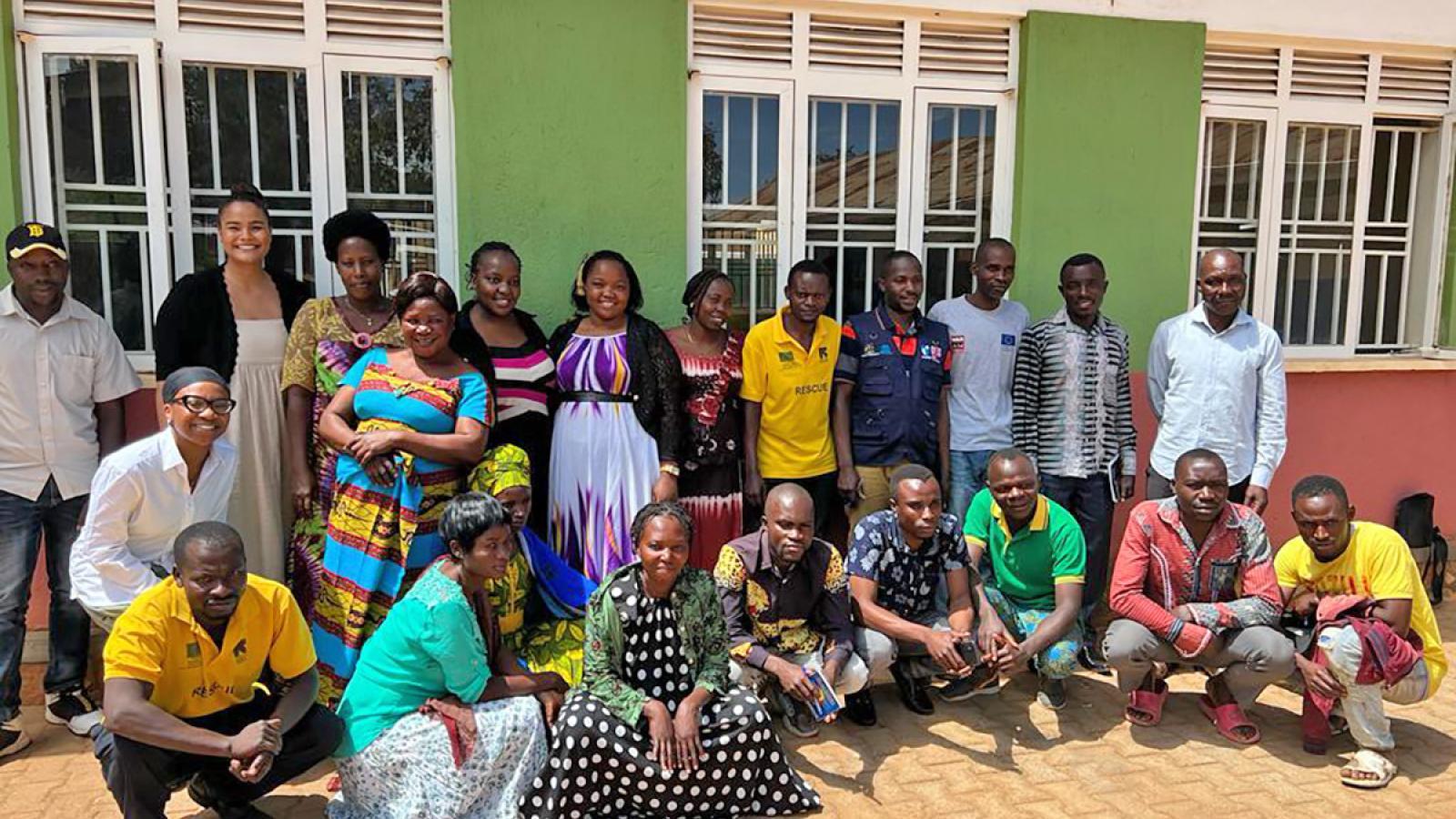Global Health
The Global Health Certificate offers students the breadth of coursework and skills needed to successfully operate in the international public health arena. It builds on our faculty’s extensive history of global health research and service programs.
Developing effective interventions requires public health professionals who are comfortable working in ever-shifting political, social, economic, and health environments. Graduates will have the technical skills and cultural humility to pursue a variety of career opportunities in academia, government, industry, foundations, and non-governmental organizations.
The program’s interdisciplinary focus steeps students in traditional global health priorities such as poverty reduction, maternal health, prevention of neonatal and child mortality, infectious diseases, environmental sanitation, and access to safe drinking water, while also addressing new priorities including urbanization, rising rates of chronic diseases and obesity, climate change, aging populations, global mental health, and the health consequences of conflict.
Students will be equipped to address health problems that transcend borders due to globalization and increasing migration. A practicum experience working overseas enables students to apply classroom concepts in a real-world setting. Please note that a 6-month APEx is unlikely to be possible for international students.
Admissions Eligibility
Global Health is open to Columbia MPH students in all 6 academic departments:
- Biostatistics -3 month practicum option only.
- Environmental Health Sciences -3 month practicum option only.
- Epidemiology -3 or 6 month practicum option
- Health Policy and Management -3 or 6 month practicum option
- Population and Family Health -3 or 6 month practicum option
- Sociomedical Sciences -3 or 6 month practicum option
Why Global Health?
What are the differences between a practicum in the Global Health Certificate versus an international practicum with another Certificate?
With the Global Health Certificate, students can choose to do their practicum for 6 months or 3 months abroad, while students in other certificates are limited to a 3-month practicum. Global Health Certificate students are required to do their practicum abroad in a low-middle-income country, whereas students in other certificates can choose to go to a high-income country. Global Health Certificate students also gain access to extra global practicum resources.
How do Global Health Certificate students find their practicum abroad?
To give students a wide variety of practicum options, the Global Health Certificate hosts interactive sessions with representatives from past practicum host sites, alumni, and Mailman faculty. One-on-one advising sessions are also available for students who want individual mentorship.
What special types of courses do Global Health Certificate students complete?
The Global Health Certificate includes practicum seminars, where students get to know others in their Certificate, prepare for their practicum abroad, and learn about global health priorities and international history/policy. Global Health students abroad during the fall semester may take online classes if they choose. Regardless, all students graduate on time. To learn more about specific Certificate requirements, please visit the MPH Course Requirements.
Are non-English language skills required for Global Health Certificate students?
Non-English language skills are of utmost importance for global health work; it is often through these languages that community trust is built and communication is achieved. For this reason, it is strongly encouraged that Global Health Certificate students demonstrate proficiency in one of the following languages, Portuguese, Arabic, Chinese, English, French, Russian and Spanish, by the time they graduate (A1 or equivalent). Acquiring these skills by the end of their first year may enhance their practicum experience. Students can acquire proficiency through taking Columbia language courses (which are covered by students’ flat-rate tuition provided they remain under the term and program credit-limits of 21 and 60 respectively), or through an alternative mechanism. Proficiency is defined as the ability to speak, read, and write the language.
The Competencies for this Certificate are as follows:
- Examine the major causes of morbidity and mortality around the world, and how the risk for disease varies with regions.
- Analyze the roles, relationships, and resources of global and local institutions active in global health.
- Analyze historical and present north-south power dynamics, social and political contexts, and determinants of health.
- Demonstrate ongoing self-reflection and learning in global health.
- Collaborate effectively and responsibly in low-resource settings to promote sustainable interventions for global health.
Learn More
Visit the Certificates Database to learn more about core and credit requirements.
To learn more about the Global Health Certificate, please refer to our Information Session Slideshow.
Sample Courses
Priorities in Global Health
Many of the leading causes of mortality and morbidity disproportionately affect the populations of low-income countries. This course uses a multidisciplinary approach to analyze the emergence, justification, and success of current global health priorities, including reproductive health, child health water, infectious diseases, non-communicable disease, mental health, and public health in complex emergencies (manmade and Environmental). Students will learn to examine the social, economic, and political factors contributing to the rise of these global health priorities, learn about the different suggested approaches and tools for managing them, and be involved in the development of strategies for their solution. This course builds on the core studio Global and Developmental Perspectives (P6052) by demonstrating the application of major concepts and principles that govern the practice of global health in resource-poor countries.
Advanced Topics in Global Health
Maintaining a multidisciplinary focus, the course presents case studies of global health programs for in-depth study. The course first introduces systems thinking and its application to public health. Using a case study approach, students will then study the global and regional politics and local social contexts in which global health problems occur and will learn to analyze the successes and shortcomings of global public health interventions from a systems perspective.






